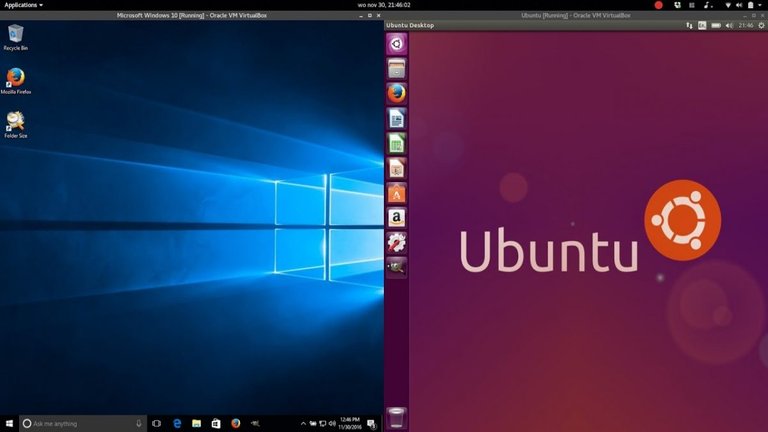
According to vulnerability testing specialists, a compression library enclosed by default in multiple Linux distributions (Ubuntu, Debian, Gentoo, Arch Linux, and FreeBSD among others) is affected with a vulnerability that, if exploited, might enable a hacker to execute malicious code on the targeted pc.
Although this library is part of Windows and macOS systems, the vulnerability doesn't seem to have an effect on these systems.
The affected library is Libarchive, designed to form and browse compressed files. in line with vulnerability testing specialists, this can be a toolkit that fulfills multiple functions associated with storage files, conjointly includes alternative Linux utilities (tar, cpio and cat), that is why it's used extensively on more than one software system.
Just a number of days ago details were released about the serious vulnerability affecting this library, uncovered beside the distribution of security updates for Libarchive.
The vulnerability, half-tracked as CVE-2019-18408, permits hackers to execute code on a user’s system with simply an incorrectly formatted file. Among the potential exploit situations, users might receive malicious files from hackers or from native applications infected numerous Libarchive elements for file decompression.
There are several software system utilities and operational systems that embody Libarchive by default, therefore the potential attack surface is worldwide, as well as desktops, server operational systems, server managers, packages, security utilities, file browsers, and media process tools like pkgutils, CMake, Pacman, Nautilus, and Samba.
Those chargeable for operational systems laid low with this vulnerability in Libarchive have already free update patches; but, it's not far-famed whether or not alternative applications can unharness the corresponding update. Vulnerability testing specialists think about that not everything is unhealthy news, as Windows and macOS, the foremost standard operational systems, don't seem to be laid low with this flaw.
Specialists in vulnerability testing from the International Institute of Cyber Security (IICS) mention that to this point there are no reports of active exploitation of this vulnerability; equally, an indication of thought isn't however developed, though it may well be a matter of hours for this to happen.
Brought to you by a proud member of


Standard on descktops, not on servers, who are a lot more attractive targets for hackers.
This is very true Joel, hackers would rather hit a sever than a domestic computer